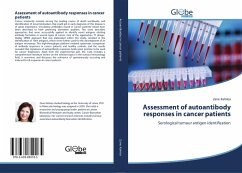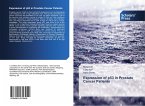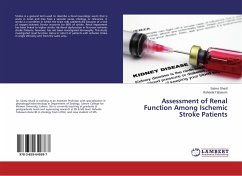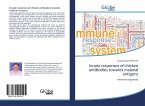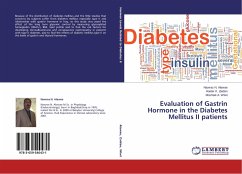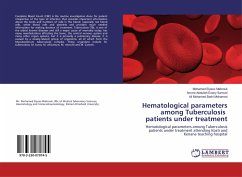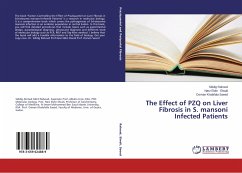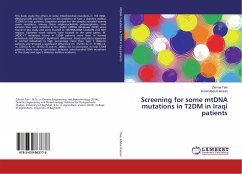Cancer insistently remains among the leading causes of death worldwide, and identification of novel biomarkers that could aid in early diagnosis of this disease is of great importance. Circulating antibodies found in cancer patients' blood have been described to have promising biomarker qualities. This work describes approaches that were successfully applied to identify novel antigens eliciting antibody formation in several types of cancer. One of the approaches, T7 phage-display SEREX approach that was elaborated within this study, resulted in the identification of 1064 antigens, which were further used for the development of an antigen microarray. This high-throughput platform enabled systematic comparison of antibody responses in cancer patients and healthy controls, and the results revealed that signatures of autoantibody responses holds great promise to be used for cancer diagnostics. Apart from the experimental part, the work includes a comprehensive literature review on the relevant topics in the tumour immunology field, it overviews and discusses the relevance of spontaneously occurring and induced B cell responses in cancer patients.
